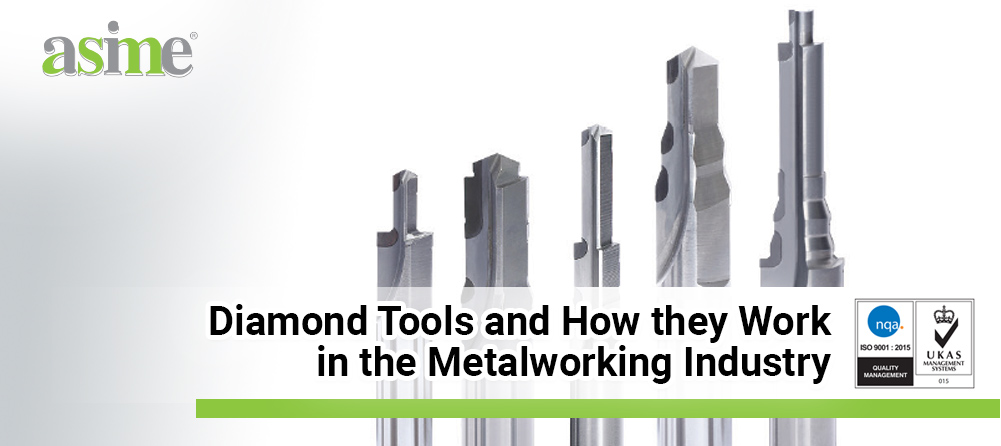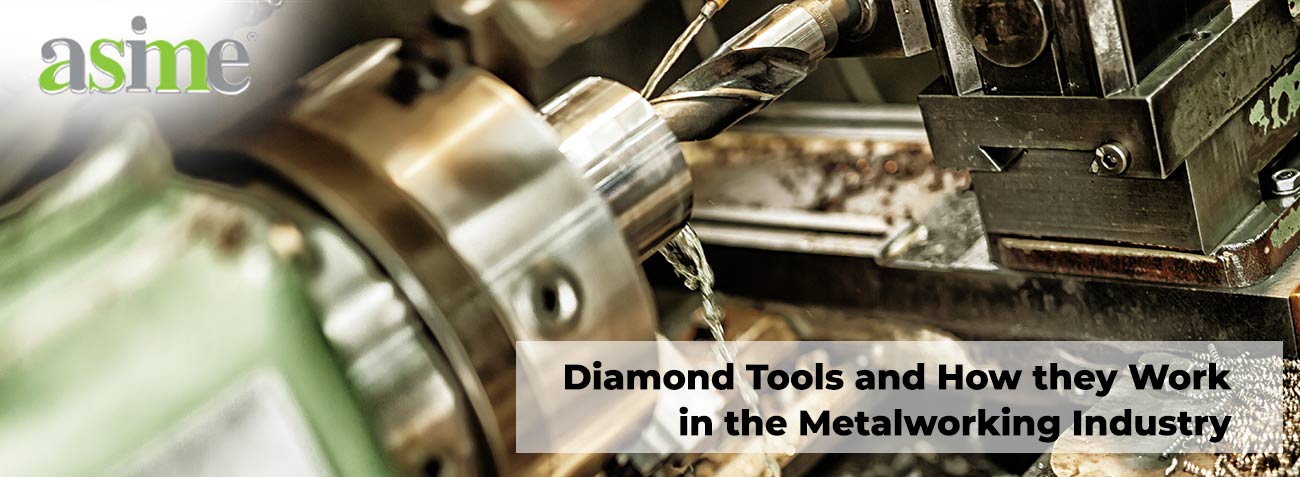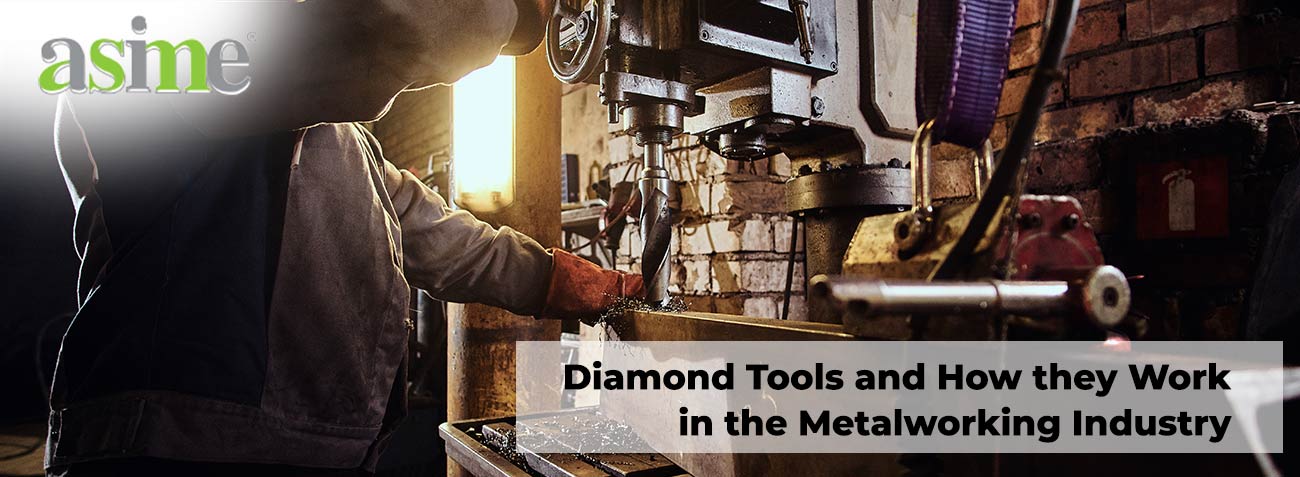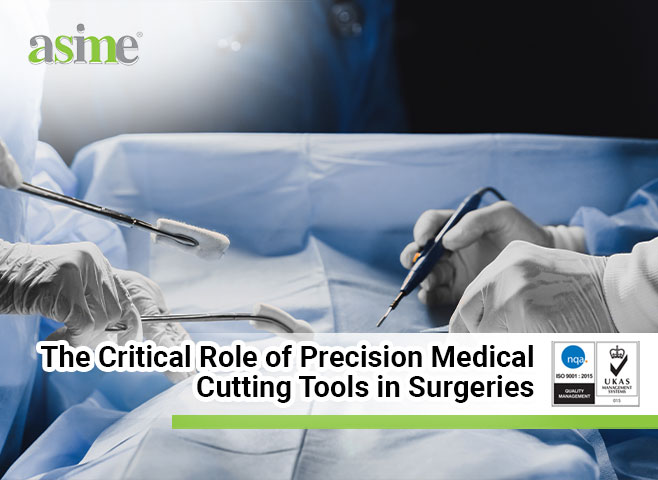
How do Diamond Tools work?
The manufacturing of precision diamond tools happens for a large variety of applications.
They are infused with a mixture of diamonds and metal alloys for the best cutting performance possible. The materials that are normally used are sapphire, glass, granite, and tile.
In order for the diamond tools to keep cutting, the metal bond around the diamonds should wear away to expose the diamonds. Once machining is complete, the rising heat may damage the tools and manufacturing material. Hence, the process requires utmost precision.
How to get the most out of diamond tools?
Generally, to maximize diamond tools application, you need to follow several basic procedures.
We are here to help your manufacturing process while making the most out of your manufacturing process.
Here’s how we make the most out of diamond tools for your production.

The Right Diamond Tools
We can identify the ideal precision tools for you to use from the information you provide us. Understanding metalworking materials and diamond tool functions are very important, especially during the machining process. This is to prevent any damage to the material and the precision tools.
Therefore, you should always consult diamond tools suppliers who can help you decide. We let our clients know which of our precision tools fit the machining process the best.
By giving you transparency, you can confidently save costs and time to produce precisely cut metal products.
Ideal RPMs of Diamond Tools
If the RPM of the equipment runs too fast, it causes friction and causes extreme heat, damaging the diamond tool. On the other hand, when the diamond tool runs too slow, it drags and creates heat.
Hence, you must set an optimum RPM speed when using a diamond tool to avoid damage to the metalworking products.
That is why we, a professional precision tools manufacturer use an RPM chart to help us fix the ideal RPM for metalworking.
Coolant at Point of Contact
All diamond tools require coolant at the point of contact between the material and tool to cool down the diamond tool.
However, the choice of coolant depends on the application. In essence, coolants range from plain water, water-soluble coolants to minerals and oils. Typically, water is used for sapphire, granite, and glass despite no lubricant.
Oil, however, is not a proper coolant because it makes the machine greasy and may cause contamination.
On the other hand, when machining more dense materials, a better option we use is the water-soluble coolant that has better lubricity.

Expose Diamonds at All Times
PCD tools must be both trued to and dressed on the machine on which they will be used. Doing so will thoroughly expose the diamonds and the diamond tool that are ‘true in running (T.I.R)‘ on the machine.
Basically, truing a tool in the process of squaring a tool so it runs within tolerances. This is usually done with a hard stone that knocks diamonds out.
Whereas the dressing process of the diamond tool takes place afterward to expose the diamonds. The diamonds need to stick up exposed from the bone matrix. Or else, it will be difficult for us to handle the tool, especially new ones.
To know if the diamond tool is correctly dressed, we ensure that there are diamond tails extending from the back of the diamonds. From here, we know that the diamond tool should always run in the direction of the leading edge, away from the tail.
So, we make it a point to dress all the new cutting tools before usage and make sure to frequently redress the diamond tools while using it.
Correct Diamond Tool Accessories
During the cutting process, you must use the right size of flanges or wheel stiffener sets. The most appropriate ones will come with thin diamond blades to firmly hold the tool in place. Doing so will help prevent the blade from walking.
As a result, the diamond tool can last up to 75% longer and minimizes material deformation as well as cracks associated with overheating.
Reliable Diamond Tools Supplier in Malaysia
Consult ASIME, the ISO Certified manufacturer with industry experience of more than 20 years. We produce high-end precision tools custom-made to your manufacturing processes.
So look no further as we expert diamond tool manufacturers, and are always following DOE and ISO standards. We ensure that our tools and services are nothing short of world-class.






